

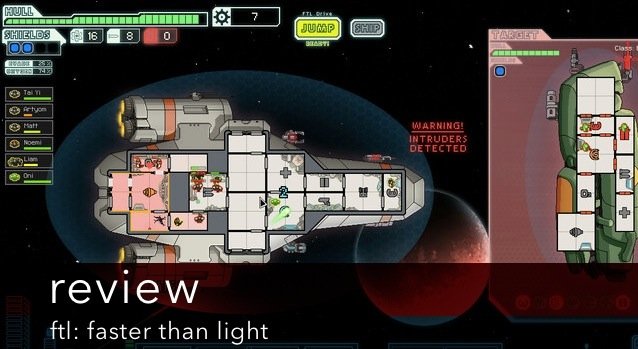
We're low on fuel and down on ammunition. We only have enough juice to make four more jumps. There are only two missiles left and the Rebellion is hot on our heels. And with Engineer Adams dead, we don't enough men for every station. Things could be better.
We have a decision to make. A passing Mantis ship gave us coordinates for a possible high-value cache. With our reserves nearly emptied it could be a one-way trip, but we may also find a wealth of technology. Or we could leave, head into the next sector and hope we find a merchant to restock and refuel. There's no guarantee either way.
That scenario wasn't uncommon with my time in Faster Than Light. My ship was often damaged. The ranks thinned from hull breaches, infections, explosions and alien incursions. I never seemed to have enough missiles. The end of my ship's journey usually resulted in violent decompression and its pieces burning pyres in space. And despite feeling the pain of Engineer Adams' loss, I wouldn't change a thing.
Faster Than Light is a rogue-like. It's a genre characterized by randomization and permanent death. Instead of spelunking caves with bow and sword, however, Faster Than Light gave me a ship with a crew and a dangerous galaxy to explore. But space isn't endless. It's not a game that requires a large devotion of time to play through, which is actually one of its greatest strengths. Time is intentionally limited, and as such, the experience is one of risk and reward.
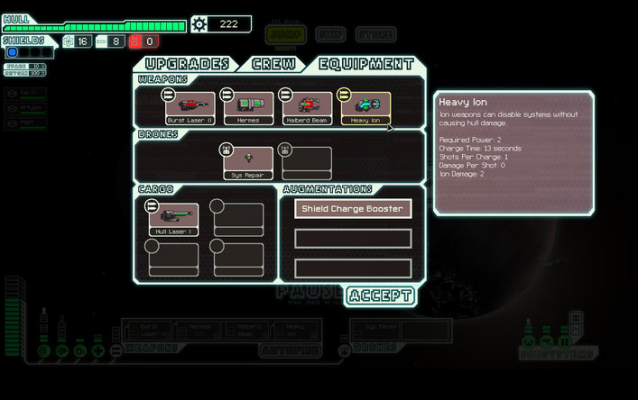
FTL: Faster Than Light (PC)
Developer: Subset Games
Publisher: Subset Games
Released: September 14, 2012
MSRP: $8.99
Purchase:GOG.com
The premise is simple. My ship carried vital information that needed to be delivered to the Federation Fleet. There are over half a dozen sectors to fly through to reach that end, full of randomly generated encounters, systems and events. I never knew what would be waiting for me or where I'd end up - an asteroid field that would pelt my shields, close orbit to a star with flares that would set fire to my ship, deserted space stations, diseased colonies, pirates, slavers, advanced technologies, friends, enemies, and possibly new unlockable ships - but there was always one certainty. I was being chased.
Rebel forces were always in pursuit, represented by an expanding red wave within each sector. It's impossible to explore every system. And because resources are also limited, Faster Than Light can become a rather tense game. Tough decisions had to be made on how to spend scrap - used both for upgrading my ship and as currency with merchants - when I used my powerful missiles, or if I should risk staying longer than I should in the hope of finding more scrap, crew and technology because I was severely underequipped and understaffed for the fights to come. It's a great deal of fun trying to keep my ragtag crew and often duct-tape-held ship alive long enough to reach the finish line.
It was never certain how strong I would finish or fail a game, but despite the randomly generated universe, events and their solutions or outcomes felt limited in number. "There's that space station on fire again. If I dock, I'll get a new crew member." Combat is the meat of the game, however, and those encounters have yet to grow old.
The ship is viewed from a 2D, top-down perspective. From here crewmembers can be selected and ordered to specific rooms. Several rooms have specific functions, and sending a crewmember to man their systems improves their effectiveness in combat - better evasion rates, faster shield regerenation, reduced cooldown for weapons, for example. Systems and sub-systems are the prime targets in battle, and it's up to the player manage their power levels and keep them healthy.
This is not always an easy task. The different weapon types, defenses, and even hostile environments can keep a battle evolving. Nebulas can reduce available power and sensor strength. Asteroid fields can drop shields and cause hull breaches. Missiles ignore shields. Teleporters can transport people and bombs to the other ship.
Things can go bad very quickly. Their missiles could destroy my oxygen sub-system, causing me to divert crew to repair it before everyone dies of asphyxiation. Fires can spread and boarders can start slaughtering my crew. There are too many scenarios to list. It's a frantic fight to keep everything working and alive, but there are also a few interesting ways to resolve certain issues. Fires and enemies can't breathe if I open their rooms to space.
Faster Than Light is a fantastic game from a two-man team. Every jump and battle was tension-filled as I tried to manage my dwindling resources and damaged ship. It's easy to pick-up-and-play in short bursts, as it was designed to be completed in single sittings, but also has a number of secrets and unlockable ships to keep me addicted. The limited number of events makes the galaxy feel a little small, however, and I find I'm playing it more sporadically than continuously. Regardless, there's a lot to like, making it an easy game to recommend.

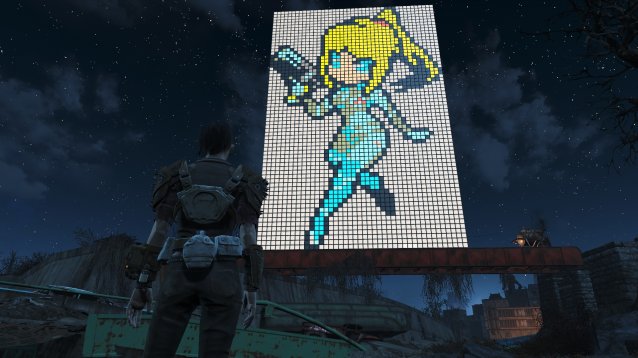
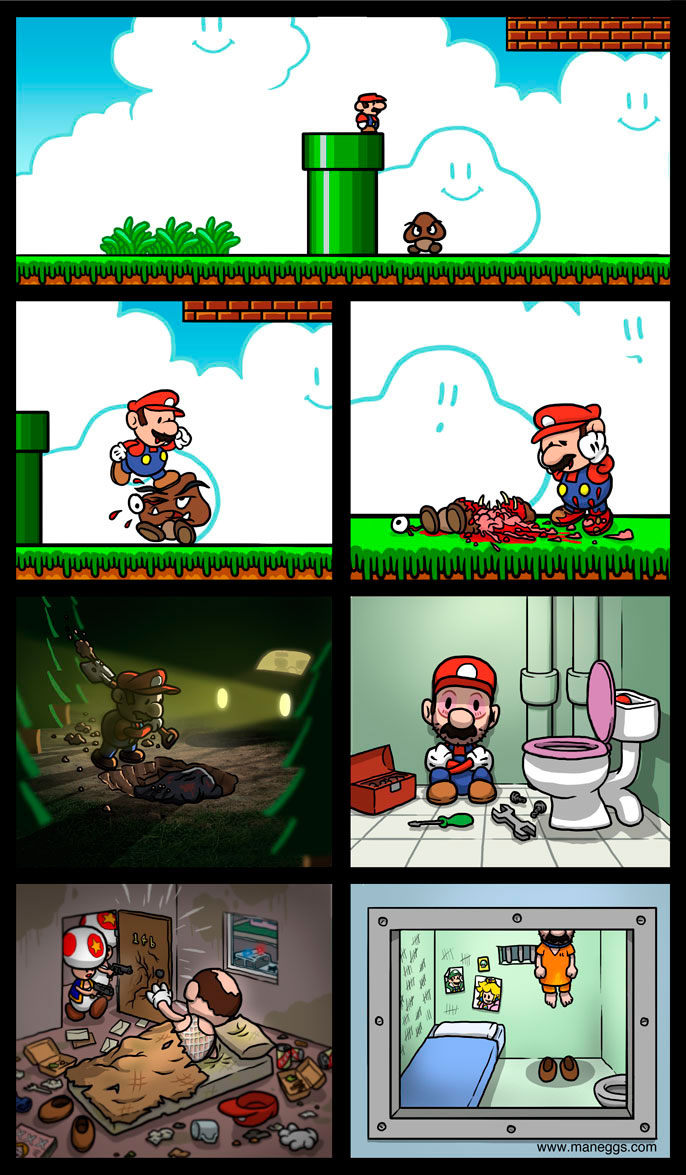
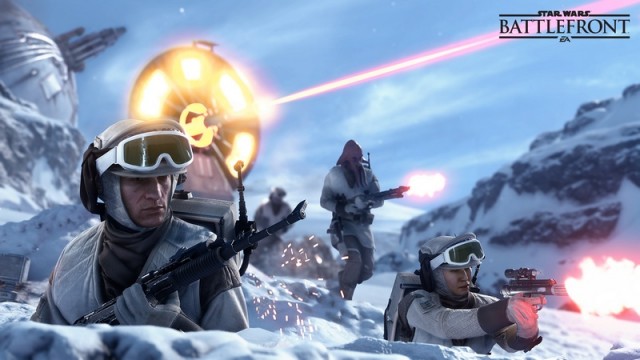
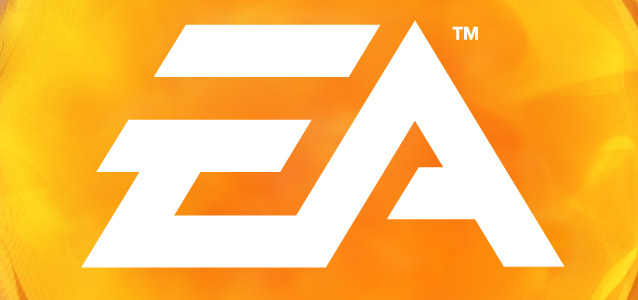
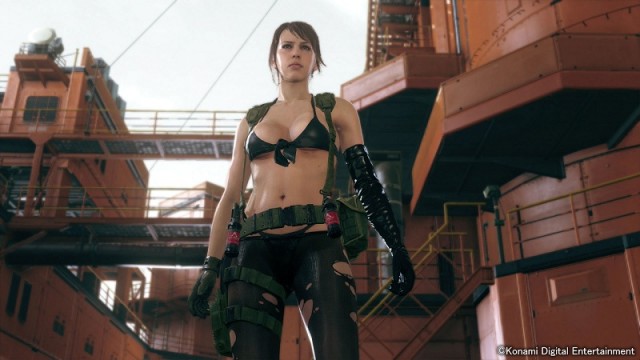 MGS V: The Phantom Pain - Where to find Quiet, Her Special Abilities and How to use her on field and more
MGS V: The Phantom Pain - Where to find Quiet, Her Special Abilities and How to use her on field and more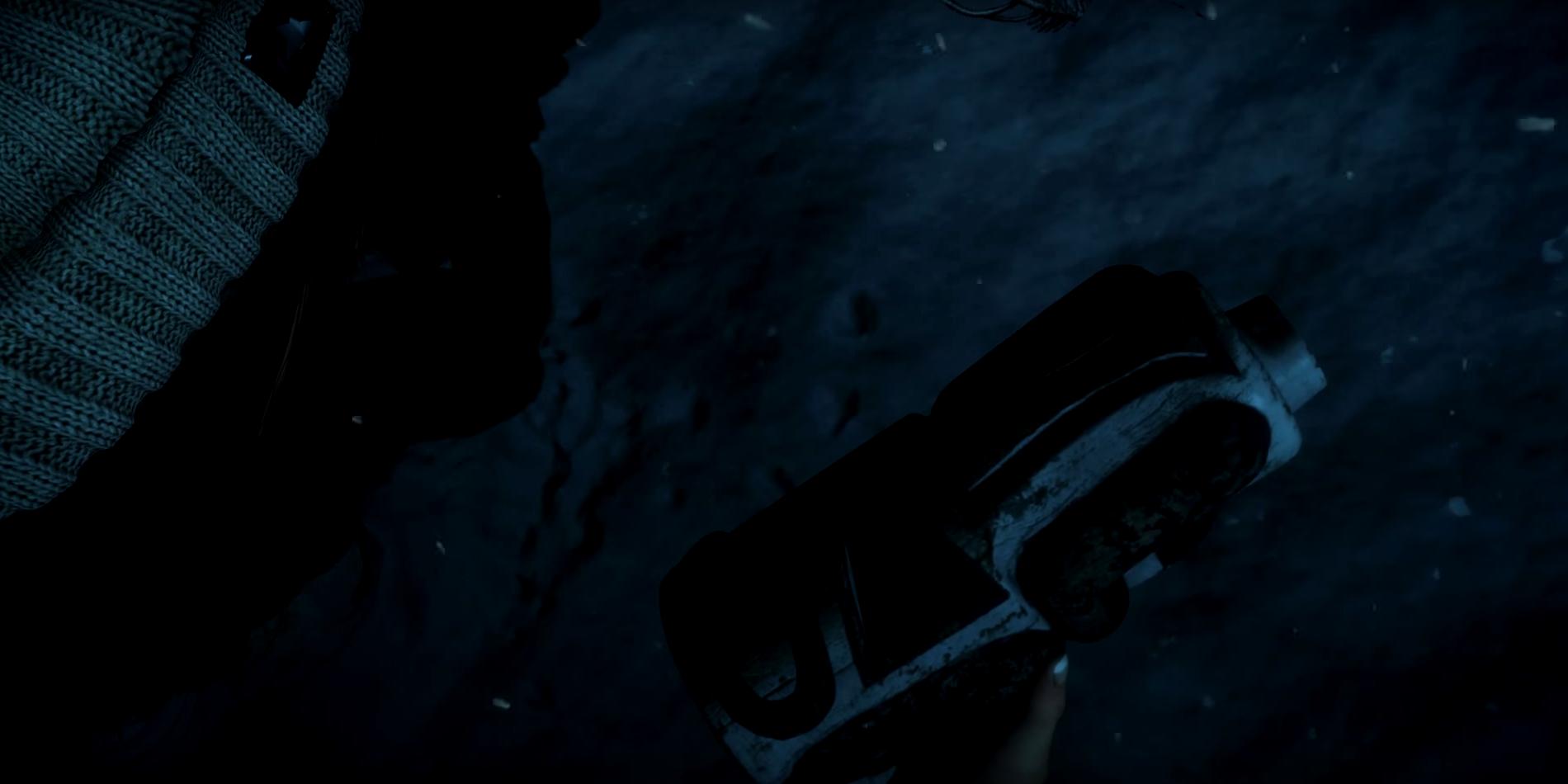 Until Dawn: All Totem Locations, Night of the Totem Hunter Trophy
Until Dawn: All Totem Locations, Night of the Totem Hunter Trophy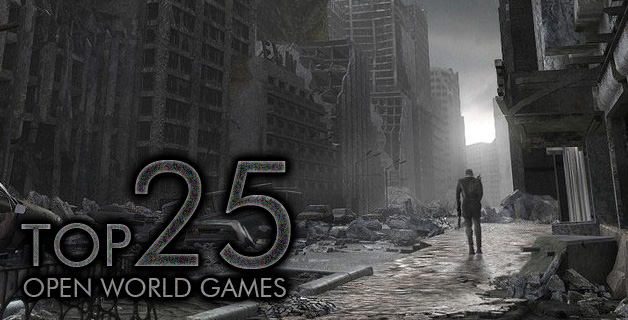 Top 25 Best Open World Games of all Time
Top 25 Best Open World Games of all Time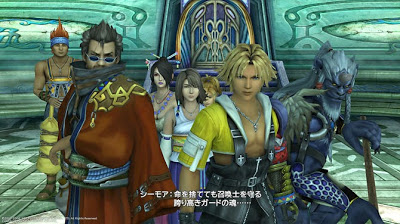 Final Fantasy X/X-2 HD Remaster tips
Final Fantasy X/X-2 HD Remaster tips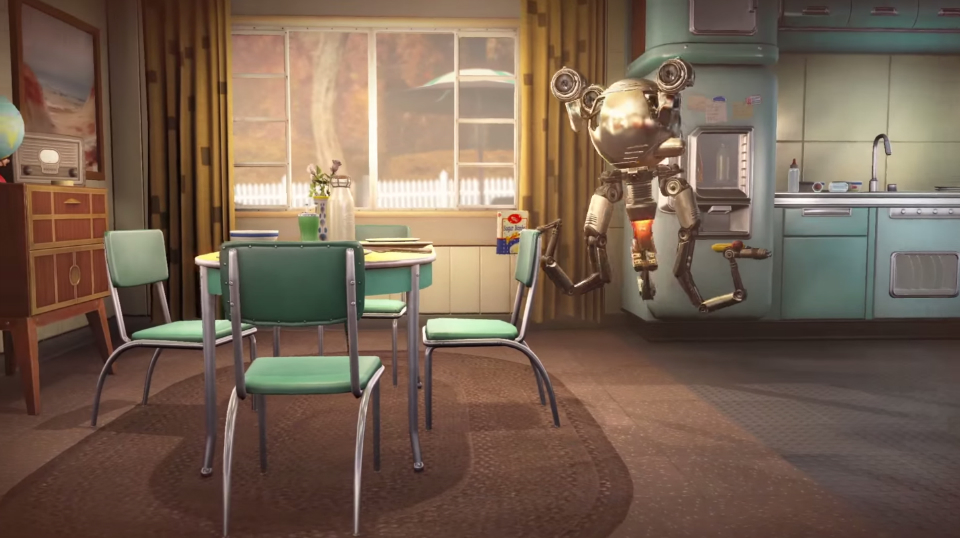 Fallout 4 Best Graphics In Boston
Fallout 4 Best Graphics In Boston